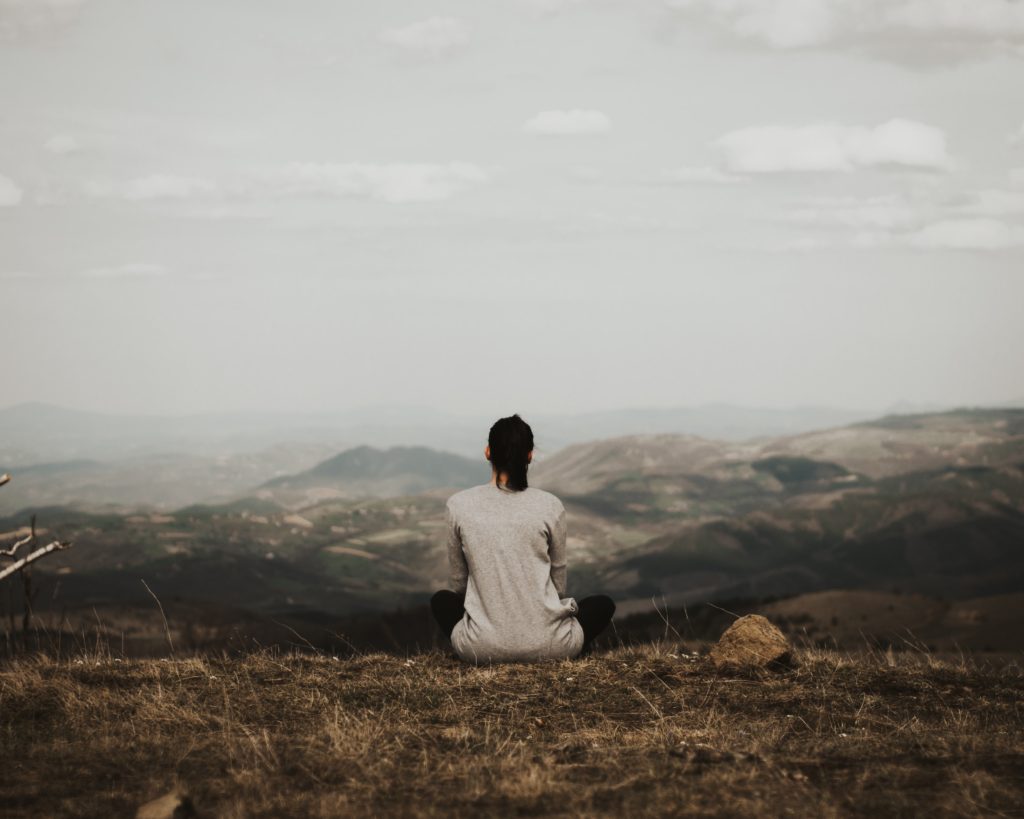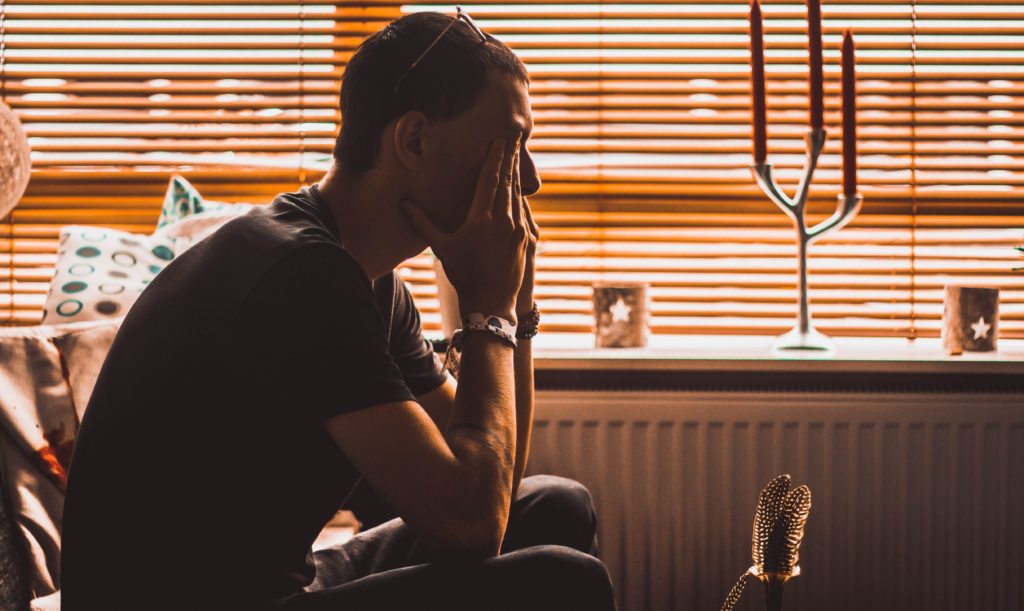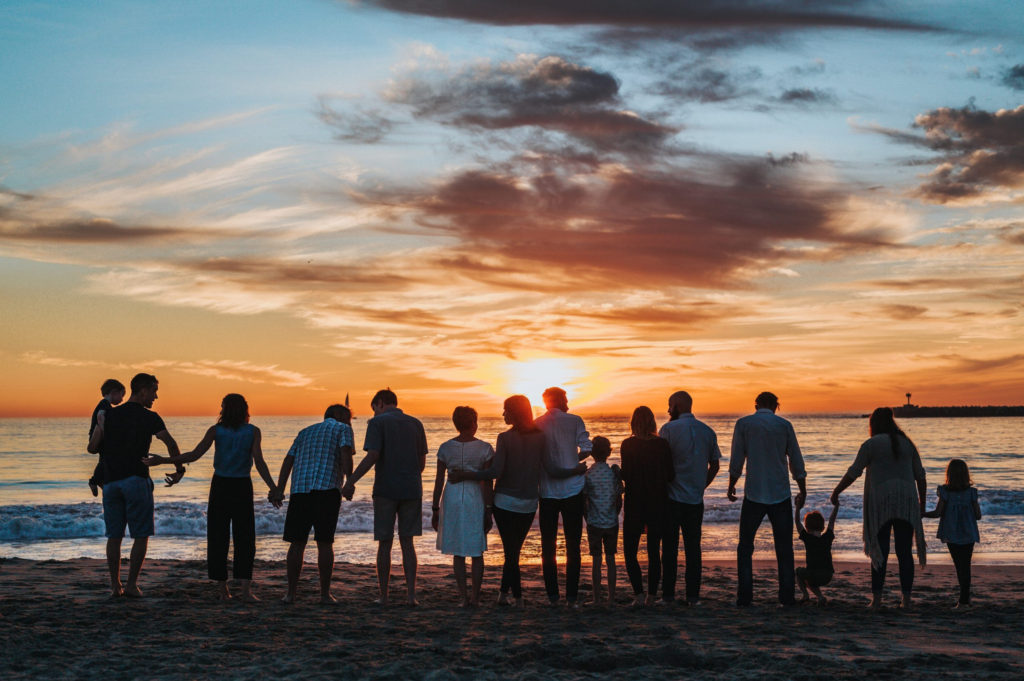
The house is on fire.
It’s nighttime, and I wake up at the smell of smoke. The children are home, but my husband is not. What should I do? Locate the fire; it’s in the kitchen. Assess the situation; the fire is too big to put out on my own. Now what? Seconds are quickly ticking by. I’m losing valuable time. First, hit the panic button connected to the house alarm. Next, yell to the kids to wake them up. Locate the dog. Can we get to the front door? No. Which window is best to go out? My son’s window is the biggest with nothing below it. We will go out there. Have I prepared the kids enough for this? Will they know what to do? Do I take the time to grab anything? No, just get out. Anything within reach can be replaced.
This is what runs through my mind as I lay in bed at night, or when I am in the shower, or driving in the car—pretty much any time my thoughts have enough space to run, unchecked.
Sometimes it is a house fire, sometimes an intruder, a car accident, or some other more dreadful scenario. These mini plot-lines fall somewhere in the realm of possible, yet unlikely, but not complete fiction. This is how my brain works. Without planning to, I process worst-case events, and how I would respond to them. Sometimes these mental story boards can take on too much life and turn into emotional spirals.
I find myself wondering why I do this. What is wrong with me that I dwell on such horrible life events and plot out my response to them? Am I the only one who does this?
During our time living in Haiti, a missions team came down to care for the missionary staff in our organization. The team provided teachings about self-awareness. I found these sessions to be life changing as I took the time to really get to know more about who I am, and even more importantly, why I do what I do.
I have never been one to focus on myself.
Due to instruction that I received when I was growing up (both direct and indirect), I was under the impression I needed to avoid anything that could lead to “self-centered” thoughts and behaviors. What I learned during that week of teaching was taking the time to gain self awareness was not selfish or prideful; it was actually very healthy and beneficial.
Scripture tells us in Lamentations 3:40 and 2 Corinthians 13:5 to test ourselves, looking closely at what is really in our hearts.
I believe these instructions are about more than just searching our inner-selves for sinful thoughts, feelings, or behaviors. When we take the time to learn why we behave in the manner that we do, we can discover truths about ourselves.
I asked God to show me the secret places inside of me, and to help me understand my knee-jerk responses, both good and bad.
One of the many truths He revealed to me is that my default emotion is anxiety. I process life by running it through an almost constant mental analysis. This can be both good and bad. I have a natural ability to consider all of the detailed elements necessary to execute something well. However, I can also get lost in the details and the need to plan for every potential experience in life. This discovery has not only shown me God’s gifting in my life but also the need to guard against grasping for control in order to fabricate a sense of safety and security.
There are many more elements about myself that I have started to learn, and even more that I have not yet discovered. All of them have pointed me to God by either showing the unique way He created me, or revealing my deep need for Him.
Would you be willing to take the dive into the journey of self awareness with me? As you take a closer look into the “whys” of your life, you might just be surprised about what you find, and how that discovery can help you grow with God.




Again i am impressed with my daughter’ ability to express herself while challenging me and others to consider a profound truth. I trust God will open the doors of the internet so that those that need your insights will find the help and peace available to them. You are so gifted.